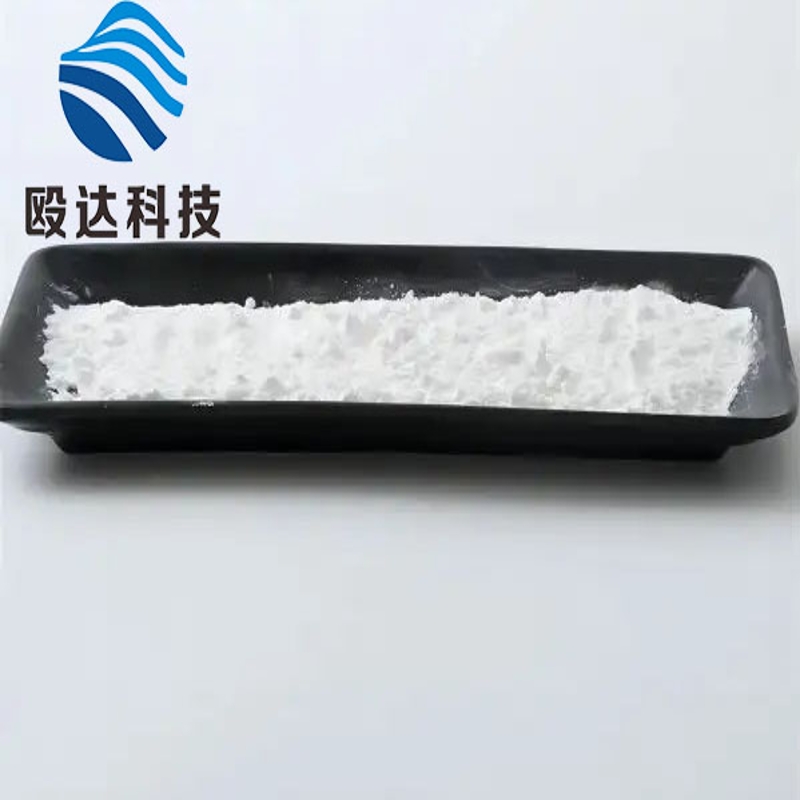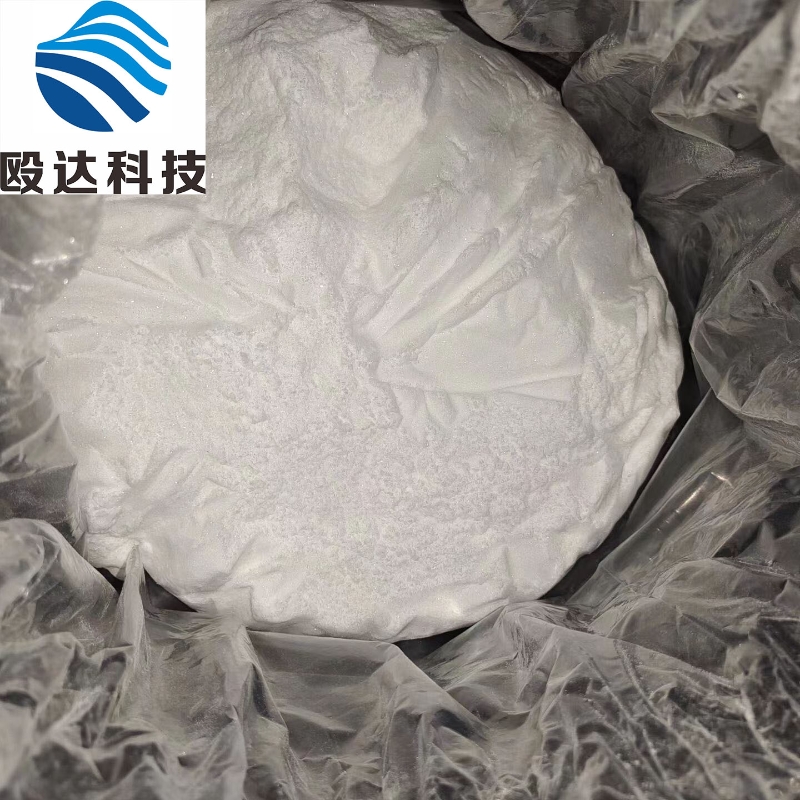PNAS: Revealing the key molecular mechanisms that induce bile duct cancer in the body
-
Last Update: 2020-07-15
-
Source: Internet
-
Author: User
Search more information of high quality chemicals, good prices and reliable suppliers, visit
www.echemi.com
, July 6, 2020 /
PRNewswire/ -- In a recent study published in the Proceedings of the National Academy of Sciences,the International Journal, scientists from institutions such as the National Centre for Cardiovascular Research in Madrid, Spain, identified molecular mechanisms that control theof a class ofliver cancerPicture Source: CNIC
In the article, researchers developed a new animal model in which changes in bile acid in the body are thought to induce bile duct cancer; liver cancer is the fifth most common type of cancer in the world and the second most common cause of cancer-related deaths, while bile duct cancer is the second most commonliver cancer, which occurs in the bile ducts, and accompanies the progression of clinically asymptomatic diseases, because biliary cancer is not associated with the disease, and many patients often wait until the cancer is found to be late in cancerresearchers said they developed proteins in the liver that do not contain JNK1 and JNK2, which are activated when consumed too much, and that some of their functions are primarily responsible for the storage of excess fat in the liver and the formation of insulin toleranceSo these proteins are important forstudies of obesity anddiabetes; the researchers found that proteins JNK1 and JNK2 control the production of bile acids in the liver, bile acids are necessary for lipid digestion and lipid-related soluble vitamin absorption, and the absence of JNK1 and JNK2 in the liver can lead to changes in enzymes responsible for metabolism of cholesterol and bile acid, and in the mice analyzed, the researchers observed excessive blood levelsElisa Manieri, aresearcher, explains that over time, the accumulation of bile acid swells will have a toxic effect on the liver, and bile duct tissue will begin to multiply, triggering the formation of a variety
of bile duct cancers that carry clinical markers The new model could also help researchers discover a specific protein called PPAR alpha that plays a key role in tumor progression, which regulates the metabolism of bile acid and liver lipids, while mice without PPAR alpha protein have significantly fewer or no tumor Although researchers don't know whether these studies can be extended to human studies, the development of new animal models may help researchers study the pathogenesis of bile duct cancer; early studies have shown that blocking JNK's function or inhibiting fat denaturation in the liver is why many clinical trials against these protein inhibitors have been initiated
and the researchers say the new findings may help develop new drugs, but we still need to be cautious about the side effects of the continued suppression of JNK In the end, the researchers said that although the study was only conducted in mouse organisms, we will continue to study it further and be highly alert to changes in the liver of patients treated with the new drug (BiovalleyBioon.com) original origins: Elisa Manieri, Cintia Folgueira, Mar?a Elena Rodriguez, et al.
JNK-mediated disruptionof sour sspers siegchic cholangiocarcinoma , Proceedings of the National Academy of Sciences (2020) doi: 10.1073/pnas.2002672117
This article is an English version of an article which is originally in the Chinese language on echemi.com and is provided for information purposes only.
This website makes no representation or warranty of any kind, either expressed or implied, as to the accuracy, completeness ownership or reliability of
the article or any translations thereof. If you have any concerns or complaints relating to the article, please send an email, providing a detailed
description of the concern or complaint, to
service@echemi.com. A staff member will contact you within 5 working days. Once verified, infringing content
will be removed immediately.







